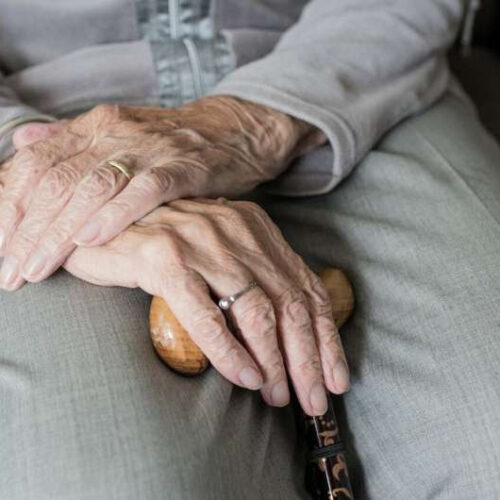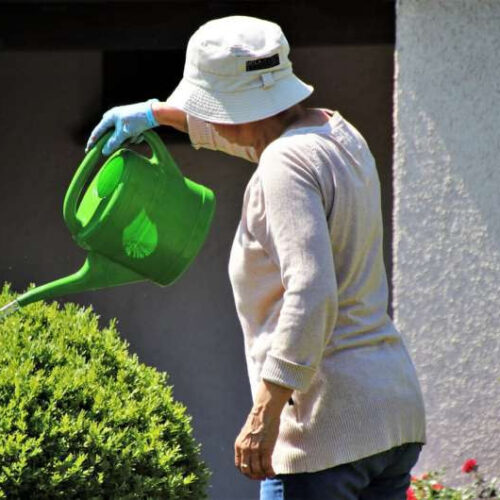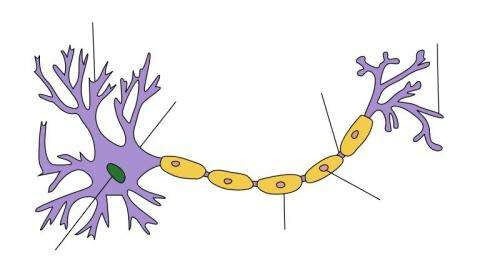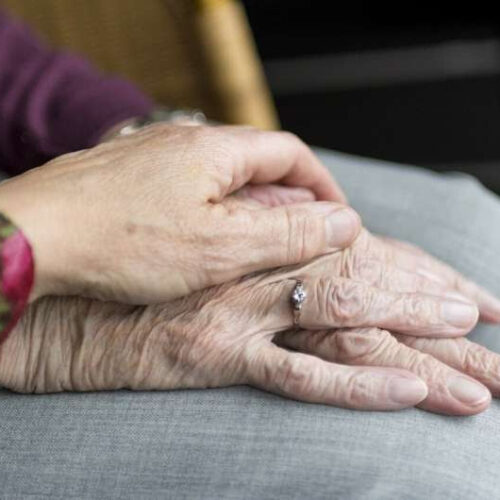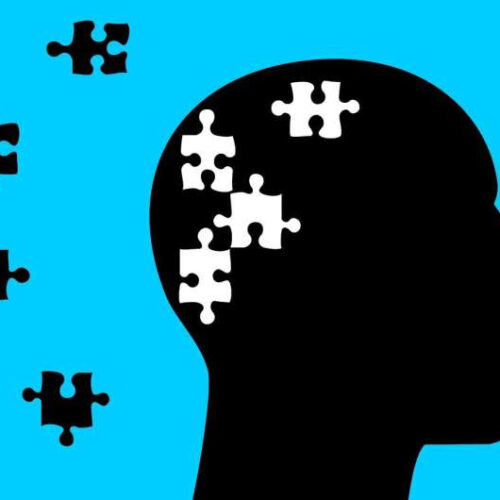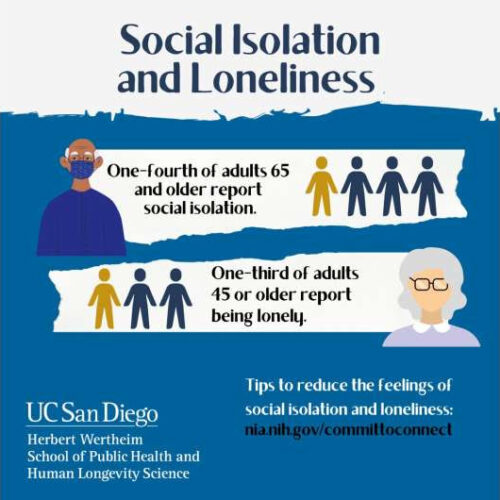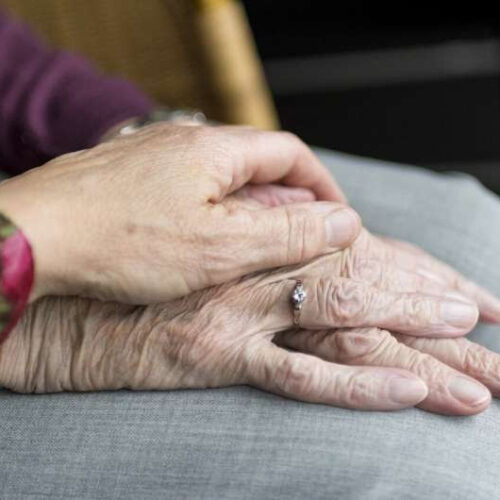by University of Gothenburg Credit: Pixabay/CC0 Public Domain In older women, inability to stand on one leg for more than a few seconds is a risk factor for fracture. Another physical test yields similar results. Moreover, SSRIs can be linked to relatively poor physical function, a University of Gothenburg thesis shows. Osteoporosis, with its associated...
Category: <span>Anti-aging</span>
New research finds more intensive blood pressure treatment may prevent strokes in older adults
by Wiley Credit: Pixabay/CC0 Public Domain An analysis of results from randomized clinical trials reveals that more intensive hypertension treatment may be helpful for preventing or delaying strokes in older adults. The analysis, which is published by Wiley in the Journal of the American Geriatrics Society, included nine trials involving 38,779 adults with an average age...
Team finds changes in fat composition of our brains’ myelin as we age
by Erin Matthews, Canadian Light Source Myelin sheath. Credit: Wikipedia. The “wear and tear” of aging is often noticed first in our bodies, but our brains also experience changes that make it harder to remember where you left your keys or the name of that acquaintance you ran into at the grocery store. Dr. Kendra...
New evidence for the importance of educational attainment in brain health
by University of Helsinki Credit: Pixabay/CC0 Public Domain With aging populations and growing life expectancy, the number of people suffering from dementia is increasing. For more effective dementia prevention, it is important to better understand risk and protective factors affecting late-life cognition. It is known that midlife cardiovascular risk factors are associated with weaker late-life...
Cocktail of two chemicals could help slow down age-related muscular decline
Reviewed by Emily Henderson, B.Sc. Feb 7 2022 Researchers from Tokyo Metropolitan University have shown that a mixture of 5-aminolevulinic acid(5-ALA) hydrochloride and sodium ferrous citrate (SFC) helps slow down aging-related muscular decline in fruit flies, leading to a slower decline in locomotor activity and longer lifespans. This was correlated with better maintenance of muscle...
People with less memory loss in old age gain more knowledge
by Max Planck Society Credit: Pixabay/CC0 Public Domain Do cognitive abilities change together, or do they change independently of each other? An international research team from the USA, Sweden, and Germany involving the Max Planck Institute for Human Development has presented new findings now published in Science Advances. At the age of 20, people usually find...
Social isolation and loneliness increase heart disease risk in senior women
by University of California – San Diego As social networks shrink, older adults are more at risk for social isolation and loneliness. Credit: Herbert Wertheim School of Public Health and Human Longevity Science at University of California San Diego During the current pandemic, social distancing has been one tool used to reduce the spread of...
How cellular protein factories may contribute to aging and age-related diseases
Research finds that the cellular assembly line that produces proteins can stall with age, triggering a snowball effect that increases the output of misfolded proteins. In humans, clumps of misfolded proteins contribute to age-linked Alzheimer’s and Parkinson’s diseases. Aging leads to a decline in cellular fitness and loss of optimal protein function. Many age-related ailments,...
Late-life exercise shows rejuvenating effects on cellular level
JANUARY 21, 2022 by University of Arkansas Credit: CC0 Public Domain For people who hate exercising, here comes some more bad news: it may also keep you younger. Not just looking younger, but actually younger, on an epigenetic level. By now, the benefits of exercise have been well established, including increased strength of bones and muscles,...
Epidemiologists develop state-of-the-art tool for measuring the pace of aging
JANUARY 18, 2022 by Columbia University’s Mailman School of Public Health Credit: Pixabay/CC0 Public Domain Researchers at Columbia University Mailman School of Public Health have developed a new blood test to measure the pace of biological aging. Based on an analysis of chemical tags on the DNA contained in white blood cells, called DNA methylation marks,...

